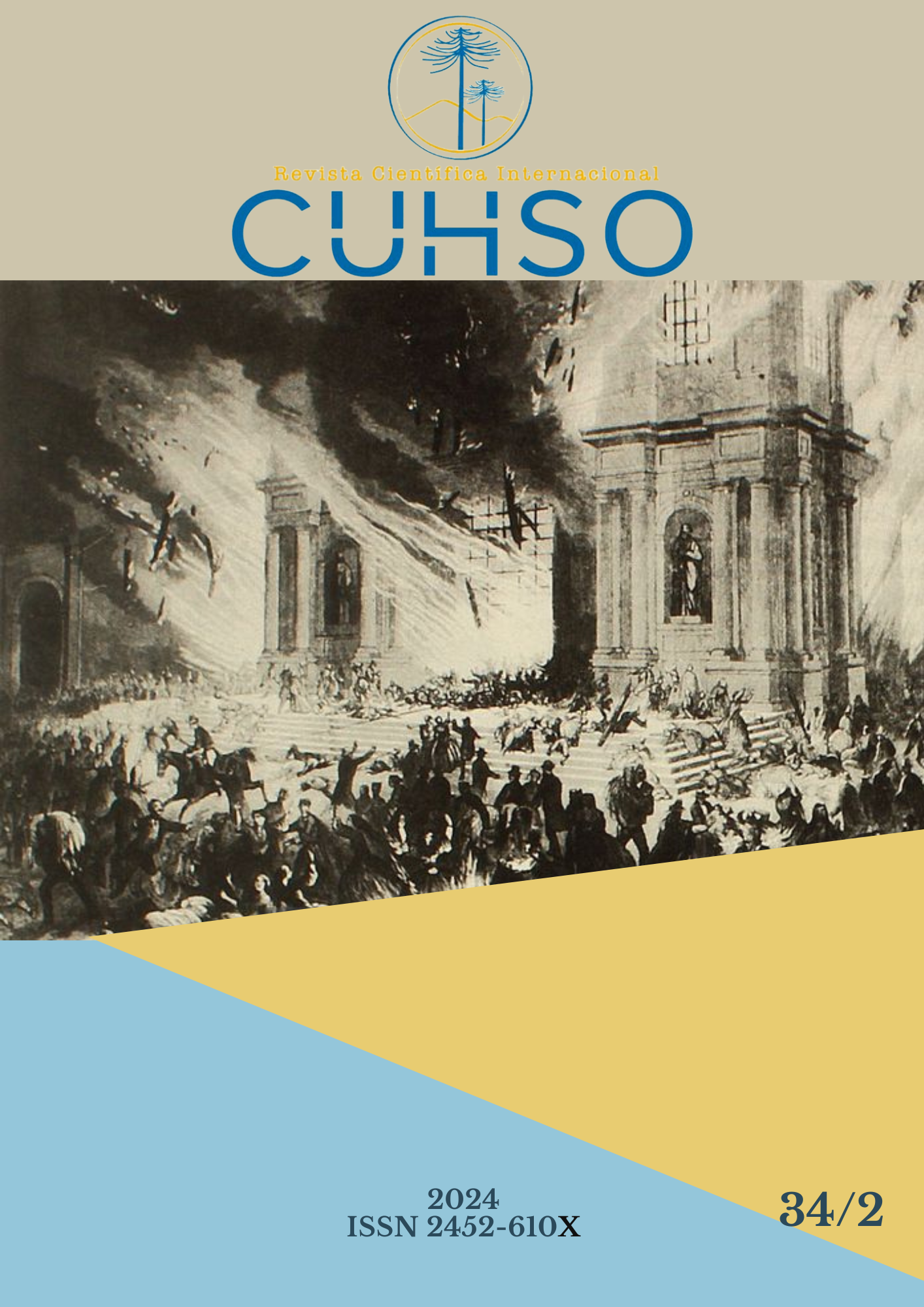Abstract
One of the primary approaches in terms of analysis and sociopolitical praxis in contemporary societies is the coexistence between the diversity of demands for recognition of a political nature, including those pertaining to gender, sexual orientation, racialized groups, native peoples, and immigrant groups, among others. This phenomenon, which is gaining increasing legitimacy in both academic and political circles, is generally referred to as “interculturality.” The article proposes references that allow us to initially observe the critical perspective on the relevance (or lack thereof) of employing the concept of "culture" to understand this specific type of relationship between social entities. Secondly, the study examines the various forms that contribute to the identification of the principal features that underpin the concept of "sense of belonging" as a category of analysis. Some key references are proposed to understand the gregarious phenomenon of human nature and the theoretical resources that could inform state policies capable of harmonizing the various forms of cohabitation in public spaces under a social contract. In conclusion, the journey will be made on the basis of the evidence that emerges as a result of the qualitative research conducted in the field between 2015 and 2018. This research is part of the Doctorate in Social and Political Sciences at the Catholic University of Louvain la Neuve (Belgium) and forms part of the research project entitled "Pluralism, Democracy and Citizenship in Argentina" at the Universidad Siglo 21 (Argentina).

This work is licensed under a Creative Commons Attribution 4.0 International License.
Copyright (c) 2025 Damian Andres Canton


